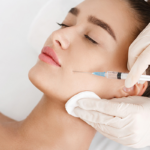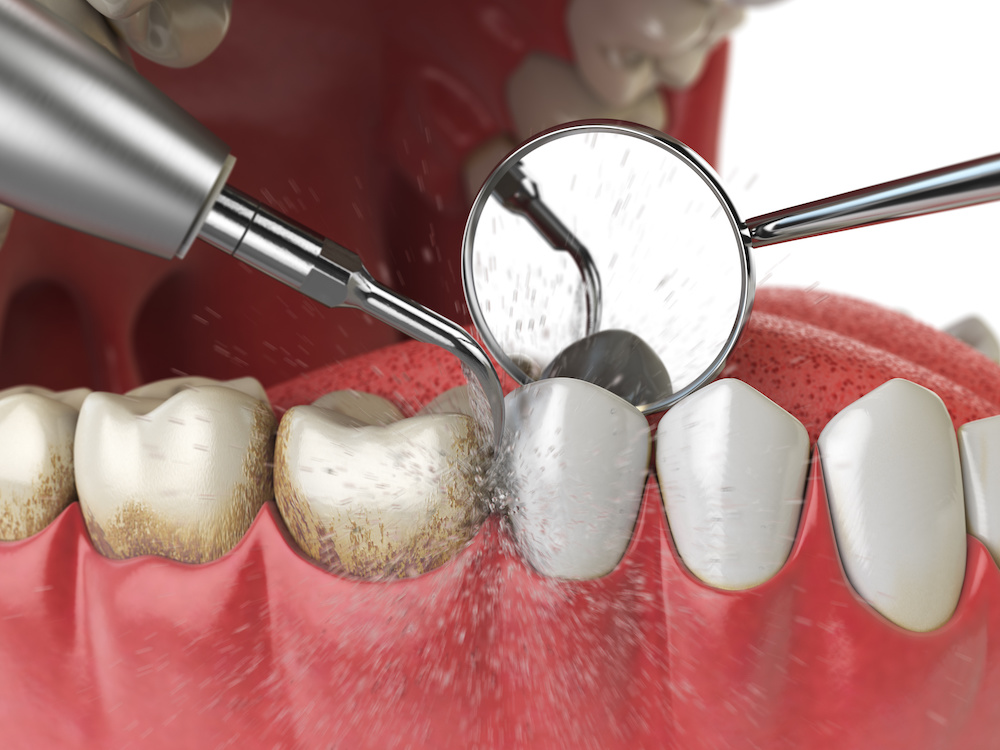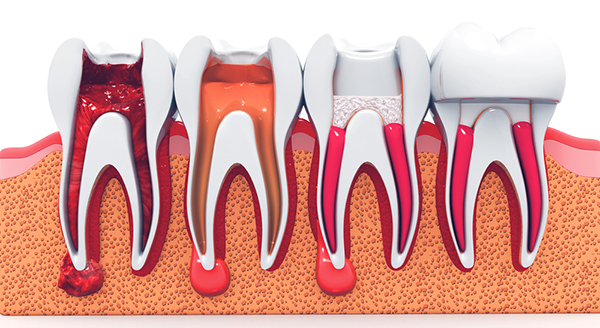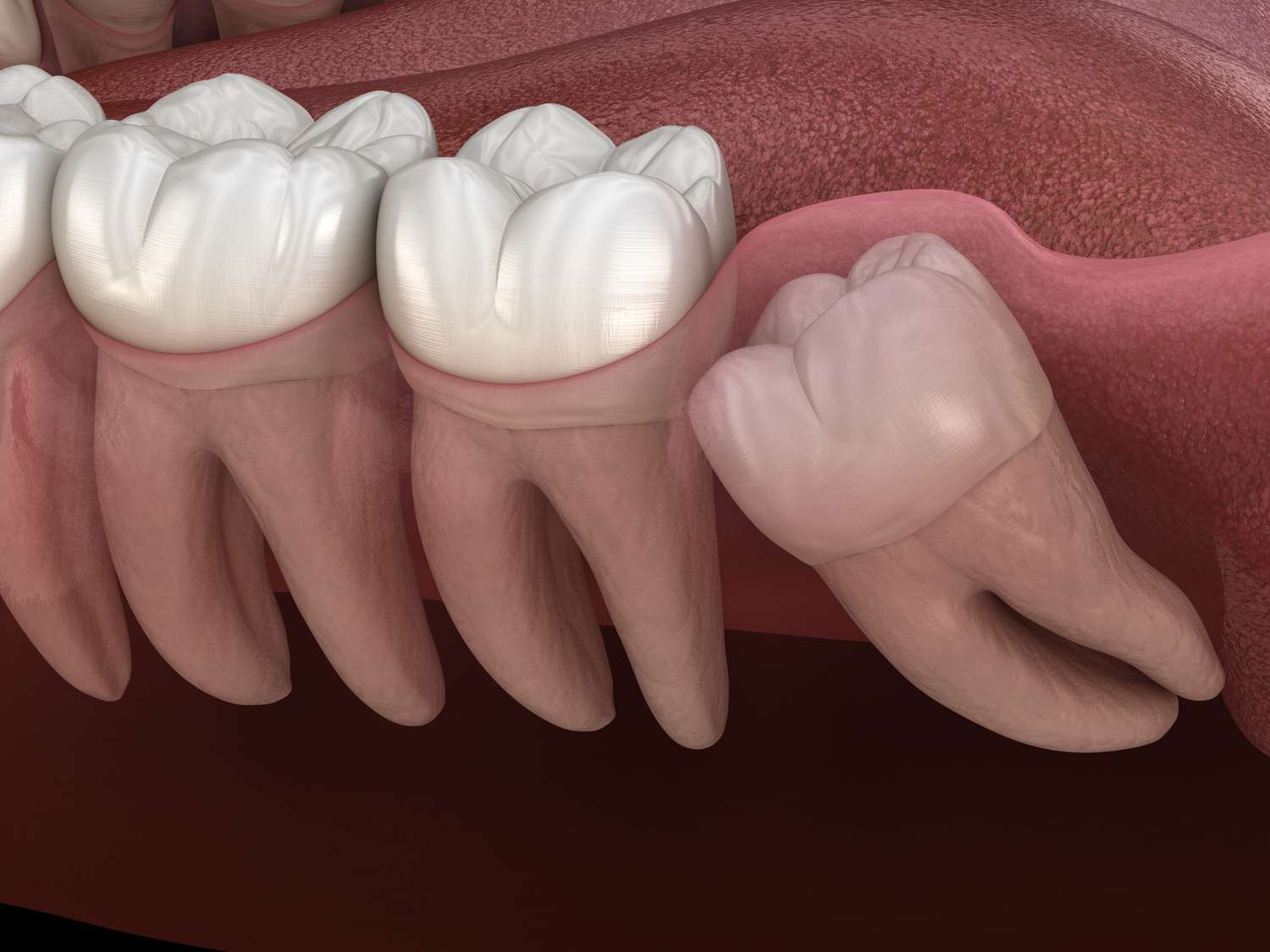How to Get a Professional Teeth Cleaning
Click for Quick Consultation at vituras
Teeth cleaning. It might sound trivial compared to gym routines or conquering the latest health fad, but nestled within this seemingly simple act lies a hidden powerhouse for the wellbeing of your pearly whites. Like a meticulous gardener tending to delicate blooms, a professional teeth cleaning goes beyond a superficial shine, delving into the unseen depths of your oral ecosystem to combat lurking threats and nourish healthy growth.
The culprits in this drama are plaque and tartar – nefarious foes disguised as a harmless film on your teeth. Plaque, a sticky army of bacteria, constantly forms and multiplies, feeding on leftover food particles. Left unchecked, this bacterial battalion unleashes a potent arsenal of acids, eroding tooth enamel and paving the way for cavities. Harder and more stubborn, tartar emerges when plaque hardens, clinging stubbornly to tooth surfaces like barnacles on a ship’s hull. This hardened villain not only exacerbates tooth decay but also inflames gums, leading to the dreaded gum disease – a gateway to further oral and even systemic health problems.
Enter the hero: professional teeth cleaning. Imagine a skilled dental hygienist wielding ultrasonic sound waves like a magic wand, gently blasting away plaque and tartar before they can wreak havoc. Their meticulous strokes reach hidden crevices, corners, and even beneath the gum line, unearthing plaque fortresses that even the most diligent brushing might miss. It’s like giving your mouth a deep tissue massage, invigorating and refreshing those often-neglected nooks and crannies.
But the benefits of professional teeth cleaning extend far beyond immediate plaque and tartar removal. It’s like a comprehensive oral health MOT, offering a chance to detect early signs of potential problems like tooth decay, gum disease, and even oral cancer. This early detection is crucial, allowing for timely intervention and preventing minor issues from snowballing into major concerns.
So, how often should you summon this oral superhero? While six months is the general recommendation, the ideal frequency can vary depending on your individual oral health needs and risk factors. Your dentist will tailor a personalized schedule to ensure your smile stays radiant and healthy.
Neglecting this crucial oral hygiene step, however, comes with its own set of consequences. Unchecked plaque and tartar build-up are like ticking time bombs for your oral health. Gum disease, with its receding gums and bone loss, not only threatens your smile but also creates pathways for bacteria to enter your bloodstream, potentially impacting your overall health. Tooth decay, progressing from cavities to painful abscesses, can necessitate costly and invasive procedures. And let’s not forget the social stigma of persistent bad breath, a common side effect of neglected oral hygiene.
Professional teeth cleaning, therefore, is not just a cosmetic indulgence; it’s an investment in your long-term oral and overall health. It’s like pampering your smile while simultaneously safeguarding your well-being. So, ditch the skepticism and embrace the power of professional teeth cleaning. Let your dentist be your oral gardener, nurturing a healthy smile that shines not just with surface aesthetics but with the vibrant glow of optimal oral health.
Remember, a radiant smile is more than just a pretty face; it’s a testament to the unwavering commitment to self-care and a gateway to a life brimming with confidence and well-being. So, schedule your teeth cleaning appointment today, and let your smile blossom under the expert care of your oral health superhero!
In this blog post, we will discuss how to get a professional teeth cleaning, how long it takes, how long the effects last, how often you should get it, what happens if you don’t get it, and what to expect before and after.
How Teeth Cleaning Works
A professional teeth cleaning is performed by a dentist or dental hygienist. The dentist or hygienist will first examine your teeth and gums to determine the extent of plaque and tartar buildup. Then, they will use a variety of tools to remove the plaque and tartar.
The most common tool used for teeth cleaning is an ultrasonic scaler. The ultrasonic scaler uses high-frequency sound waves to loosen plaque and tartar. The dentist or hygienist will then use a hand tool to remove the loosened plaque and tartar.
In some cases, the dentist or hygienist may also use a polishing paste to smooth the surface of the teeth. This helps to prevent plaque and tartar from re-adhering.
How Long Does Teeth Cleaning Take?
The length of time a professional teeth cleaning takes depends on the amount of plaque and tartar buildup. In general, a teeth cleaning takes about 30-60 minutes.
How Long Do the Effects Last?
The effects of a professional teeth cleaning typically last for six months to a year. However, the actual length of time the effects last depends on your individual oral hygiene habits. If you maintain good oral hygiene at home, the effects of your teeth cleaning will last longer.
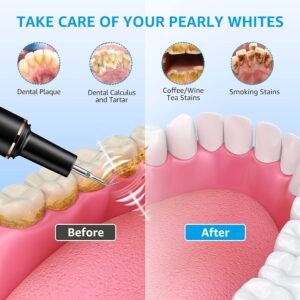
How Often Should You Get a Teeth Cleaning?
The American Dental Association (ADA) recommends getting a professional teeth cleaning every six months. This is because plaque and tartar can build up quickly, especially if you have a high-sugar diet or smoke.
What Happens If You Don’t Get a Teeth Cleaning?
If you don’t get a professional teeth cleaning, plaque and tartar can build up on your teeth. This can lead to a number of problems, including:
- Gum disease: Gum disease is a serious condition that can lead to tooth loss.
- Tooth decay: Tooth decay is a condition that can cause cavities and other problems.
- Bad breath: Bad breath can be caused by plaque and tartar buildup.
What to Expect Before and After Teeth Cleaning
Before your teeth cleaning, your dentist or hygienist will ask you questions about your medical history and your oral hygiene habits. They will also examine your teeth and gums to determine the extent of plaque and tartar buildup.
After your teeth cleaning, your teeth may be sensitive for a few days. You may also experience some bleeding from your gums. This is normal and should go away on its own.
To help your teeth heal after your teeth cleaning, your dentist or hygienist may recommend that you:
- Avoid eating hard or crunchy foods for a few days.
- Use a soft-bristled toothbrush and fluoride toothpaste.
- Floss your teeth daily.
- Rinse with an antiseptic mouthwash.
Professional teeth cleaning is an important part of maintaining good oral health. It helps to remove plaque and tartar that can lead to gum disease, tooth decay, and bad breath. If you haven’t had a teeth cleaning in a while, schedule an appointment with your dentist or hygienist today.
You can also read about Teeth Whitening.




